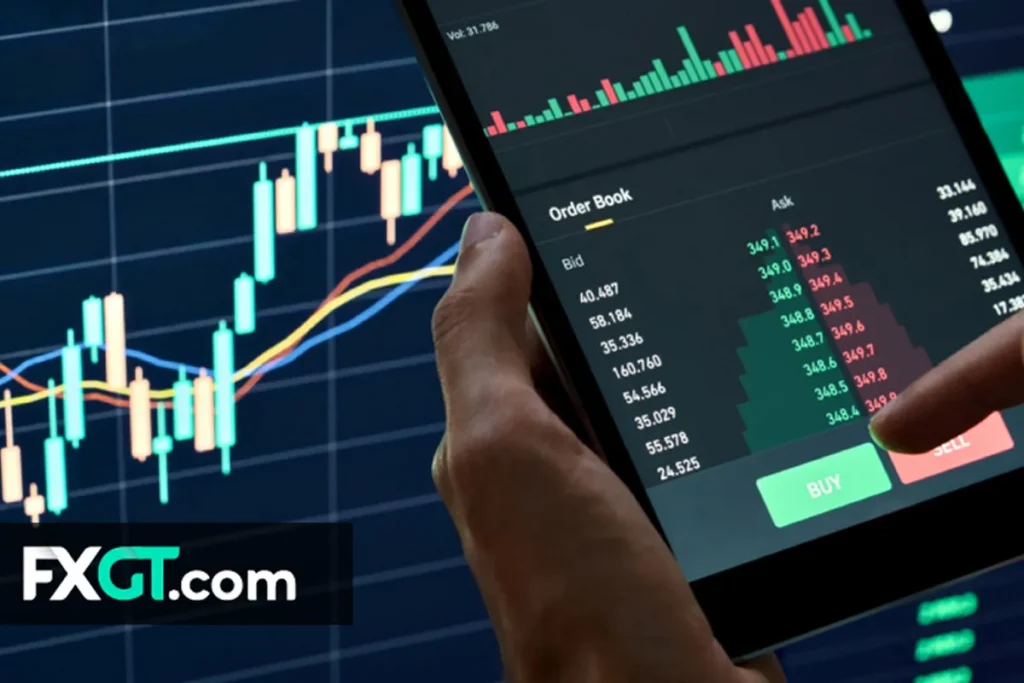Introduction to FX Windows Trading
The foreign exchange market presents unique opportunities through price gaps, known as FX windows. These gaps, particularly relevant for Malaysian traders, represent significant price differentials between closing and opening prices. Trading these windows requires understanding both technical and fundamental aspects of the market. The Malaysian forex market, operating within the Asian trading session, offers distinct advantages for traders focusing on these gaps. Market participants must understand that these windows can appear in any currency pair, though they’re most common in major pairs during specific market conditions. Professional traders often develop specialized strategies to capitalize on these price disparities.

Fundamental Understanding of FX Windows
FX windows represent more than just price gaps – they indicate significant market sentiment shifts. Consider these key aspects:
Market Psychology:
- Mass trader behavior
- Institutional positioning
- Retail trader reactions
- Market maker influence
- Order flow dynamics
.
Economic Impact:
- GDP influence
- Interest rate effects
- Trade balance impact
- Political stability factors
- Currency correlation
Technical Characteristics of Gaps
| Gap Type | Characteristics | Trading Approach |
| Common | Regular weekend gaps | Conservative entry |
| Breakaway | Trend initiation gaps | Aggressive follow-through |
| Runaway | Continuation gaps | Momentum trading |
| Exhaustion | Terminal gaps | Reversal trading |
Advanced Gap Analysis Methods
Statistical Analysis:
- Historical gap frequency
- Average gap size
- Fill probability rates
- Time-to-fill metrics
- Success rate statistics
Correlation Studies:
- Inter-market relationships
- Currency pair correlations
- Asset class relationships
- Volatility patterns
- Volume analysis
Risk Management Framework
Proper risk management is crucial for gap trading:
Position Sizing Guidelines:
- Maximum position size: 2% rule
- Scaling strategies
- Correlation limitations
- Portfolio exposure
- Drawdown management
Stop Loss Strategies:
- Technical-based stops
- Time-based stops
- Volatility-based stops
- Multiple time frame analysis
- Risk-reward optimization
Implementation Strategies
| Strategy Component | Description | Implementation |
| Entry Rules | Gap identification | Price action confirmation |
| Position Management | Size and scaling | Progressive position building |
| Exit Strategy | Profit targets | Multiple exit points |
Market Condition Analysis
Understanding prevailing market conditions:
Pre-Gap Analysis:
- Market sentiment evaluation
- Technical level identification
- News event assessment
- Volume pattern analysis
- Order flow study
Post-Gap Strategy:
- Gap classification
- Trading plan execution
- Risk adjustment
- Position monitoring
- Performance tracking
Advanced Trading Techniques
Professional traders utilize these advanced methods:
Gap Pattern Recognition:
- Historical pattern analysis
- Seasonal tendencies
- Time-based patterns
- Price action signals
- Volume confirmation
Multi-Timeframe Strategy:
- Long-term trend analysis
- Medium-term positioning
- Short-term execution
- Entry timing optimization
- Exit point determination
Success in FX window trading requires a combination of technical knowledge, fundamental understanding, and disciplined execution. Malaysian traders should focus on developing a comprehensive trading plan that incorporates gap analysis, risk management, and proper position sizing. Regular review and adjustment of strategies ensure continued effectiveness in changing market conditions. Remember that gap trading, while potentially profitable, requires patience and strict adherence to trading rules.
FAQ
What is the optimal gap size for trading?
Generally, gaps between 20-50 pips offer the best risk-reward ratio for major currency pairs in Malaysian market conditions.
How does news affect gap trading?
Major economic news and geopolitical events can create significant gaps, especially during weekend market closures.
What percentage of gaps fill completely?
Historical data suggests approximately 75-85% of gaps in forex markets eventually fill, though timing varies significantly
Can gap trading be automated?
Yes, algorithmic trading systems can be programmed to identify and trade gaps, though human oversight is recommended.
What's the best risk management approach for gap trading?
Implement a maximum risk of 1% per trade with clearly defined stop losses and take profit levels.


